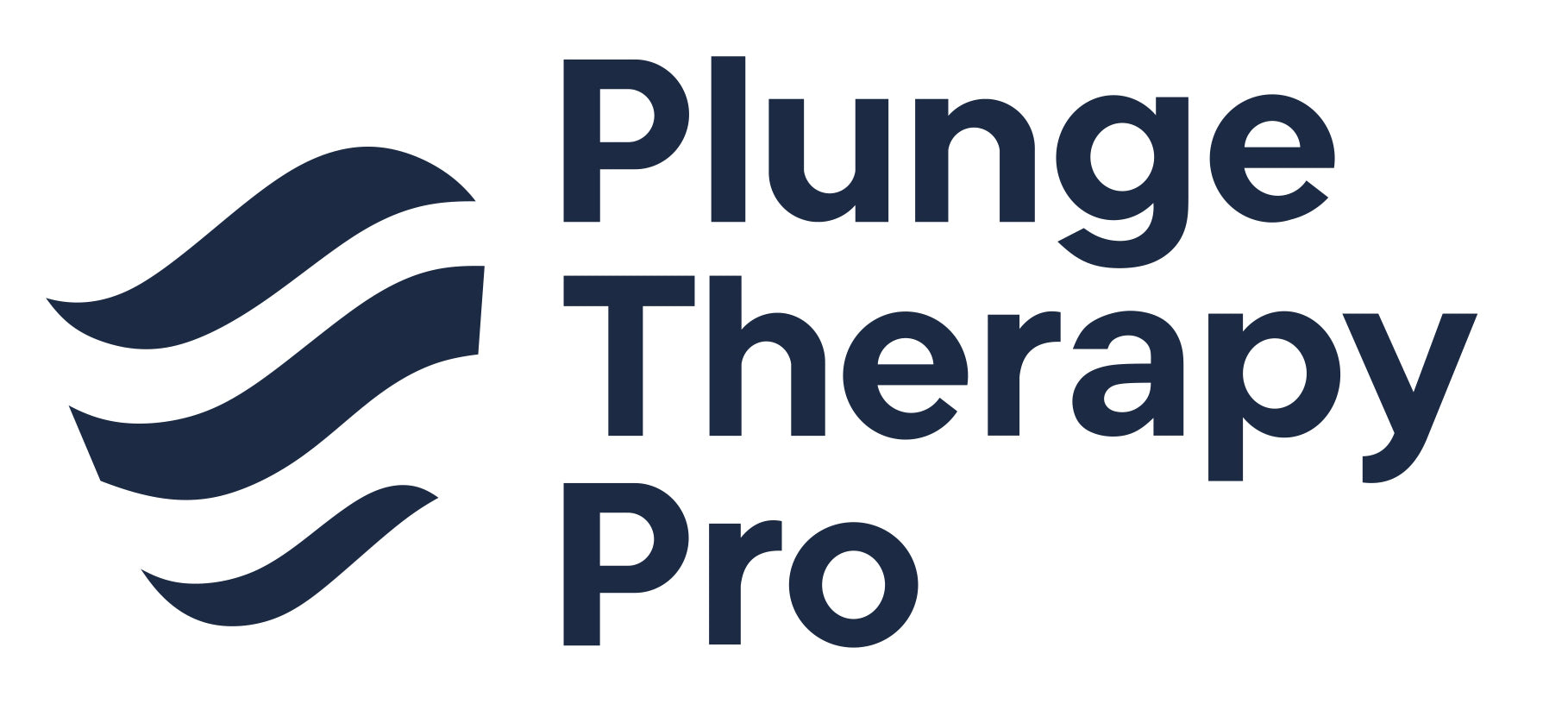Article: The Power of Contrast Therapy for Faster Recovery

The Power of Contrast Therapy for Faster Recovery
Introduction: The Art of Hot Meets Cold
From traditional Finnish saunas to Japanese onsen baths, alternating between heat and cold is a ritual that spans centuries and cultures. Today, science calls it contrast therapy - the practice of moving between a hot environment (like a sauna) and cold immersion (such as a cold plunge).
Far from being a simple spa indulgence, contrast therapy offers measurable benefits for recovery, performance, and longevity. By cycling your body through heat and cold stress, you activate powerful physiological responses that strengthen your heart, enhance circulation, boost immunity, and sharpen mental clarity.
If you’re new to cold immersion, understanding the benefits of cold plunging for longevity will help you see why combining it with heat therapy takes results to the next level.
At Plunge Therapy Pro, we provide the tools to bring this elite recovery method into your own home - with luxury saunas and premium cold plunges designed for both comfort and performance.
The Science of Heat and Cold Stress
Both heat and cold are forms of hormetic stress - short, controlled stressors that trigger adaptive responses in the body.
-
Heat Exposure (Sauna): Raises core body temperature, boosts circulation, increases heat shock proteins, and promotes detoxification through sweating.
-
Cold Exposure (Cold Plunge): Activates brown adipose tissue, triggers cold shock proteins, reduces inflammation, and strengthens cardiovascular function.
When combined, these therapies create a vascular workout - forcing your blood vessels to expand and contract in rapid succession, improving elasticity and overall cardiovascular health.
Physical Benefits of Contrast Therapy
1. Enhanced Muscle Recovery
The cold phase reduces inflammation and soreness, while the hot phase delivers nutrient-rich blood back to recovering muscles. This cycle accelerates tissue repair and helps you bounce back faster from workouts or physical strain.
2. Improved Circulation & Heart Health
Switching between hot and cold forces your blood vessels to adapt quickly, a process that strengthens the vascular system and may lower long-term cardiovascular risk.
3. Reduced Inflammation & Pain
Cold immersion calms inflammation, while heat therapy soothes muscle tension and joint stiffness - making contrast therapy a natural option for those managing chronic pain.
Mental & Longevity Benefits
1. Elevated Mood
Both saunas and cold plunges trigger endorphin and dopamine release, leaving you feeling refreshed, calm, and energized.
2. Stress Resilience
Repeated exposure to heat and cold helps regulate your nervous system, making you more adaptable to life’s everyday stresses.
3. Longevity Pathways
Emerging research suggests that heat shock proteins and cold shock proteins may play a role in protecting cells from age-related damage, supporting long-term healthspan. If you’re interested in adding a complementary therapy, consider the benefits of red light therapy for longevity, which can further enhance cellular resilience.
Recommended Protocol for Home Use
While there’s no single “perfect” method, a common home protocol looks like this:
-
Sauna → 15–20 minutes at 160–180°F (71–82°C)
-
Cold Plunge → 2–3 minutes at 50–59°F (10–15°C)
-
Repeat → 2–3 cycles for maximum benefit
With temperature-controlled cold plunge systems and state-of-the-art saunas, you can maintain ideal conditions effortlessly - no more constant ice refills or heat loss.
Safety Considerations
-
Always hydrate before and after sessions
-
Listen to your body - avoid pushing extremes if you’re new
-
Consult a physician if you have cardiovascular or respiratory conditions
Closing Thoughts
Contrast therapy isn’t just about feeling good in the moment - it’s a long-term investment in your health, recovery, and vitality. Whether you’re an athlete looking to optimize performance or simply someone who values wellness and longevity, combining heat and cold in your routine can deliver profound benefits.

